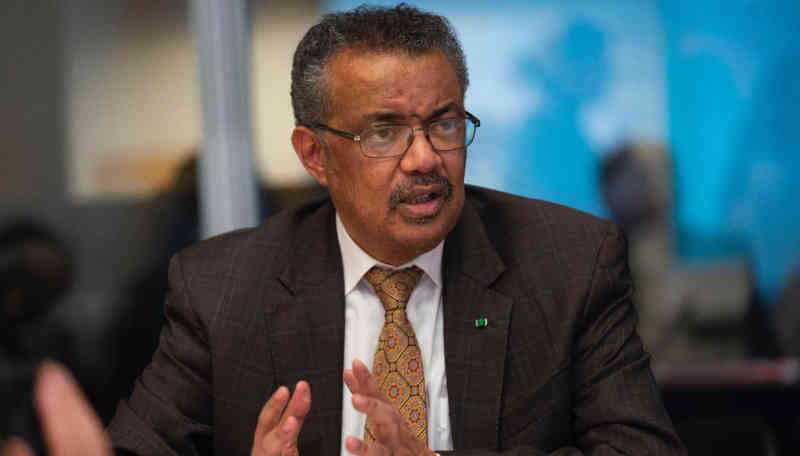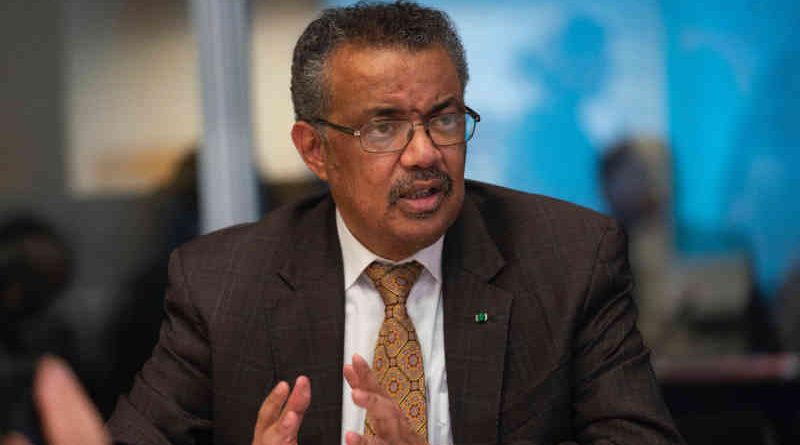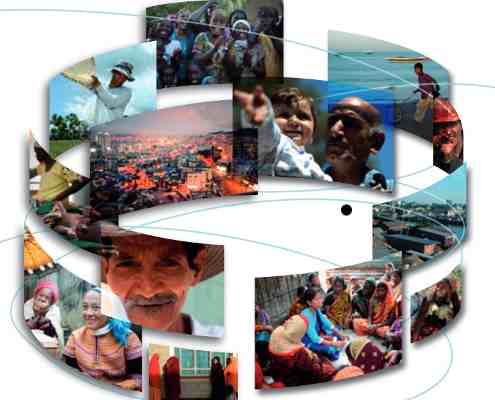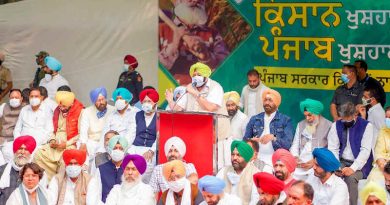How Booster Doses Work for Covid-19 Vaccination

The objective of an additional dose in the primary series is to optimize or enhance the immune response to establish a sufficient level of effectiveness against disease.
WHO, with support of the Strategic Advisory Group of Experts (SAGE) on Immunization and its Covid-19 Vaccines Working Group, has issued an interim statement on booster doses for Covid-19 vaccination.
WHO says it continues to review the emerging evidence on the need for and timing of a booster dose for the currently available Covid-19 vaccines which have received Emergency Use Listing (EUL).
According to WHO, this statement – issued on October 4 – reflects the current understanding of vaccine performance and supply, as of the time of update.
The following definitions and terminology are used by WHO throughout its policy recommendations on Covid-19 vaccination. This note focuses only on booster doses.
Booster doses are administered to a vaccinated population that has completed a primary vaccination series (currently one or two doses of Covid-19 vaccine depending on the product) when, with time, the immunity and clinical protection has fallen below a rate deemed sufficient in that population. The objective of a booster dose is to restore vaccine effectiveness from that deemed no longer sufficient.
Additional doses of a vaccine may be needed as part of an extended primary series for target populations where the immune response rate following the standard primary series is deemed insufficient.
The objective of an additional dose in the primary series is to optimize or enhance the immune response to establish a sufficient level of effectiveness against disease.
In particular, immunocompromised individuals often fail to mount a protective immune response after a standard primary series, but also older adults may respond poorly to a standard primary series.
WHO adds in its statement that the current primary goal of immunization in the Covid-19 pandemic remains to protect against hospitalization, severe disease and death. Hence, booster doses may only be needed if there is evidence of insufficient protection against these disease outcomes over time.
The degree of waning of immunity and need for booster doses of vaccine may differ between vaccine products, target populations, circulating SARS CoV-2 virus, in particular variants of concern (VoC), and intensity of exposure. For some vaccines, according to WHO, restricted booster indications have been included into the product label of some jurisdictions.
In a period of continued global vaccine supply shortage equity considerations at country, regional and global level remain an essential consideration to assure vaccination of high priority groups in every country. Improving coverage of the primary vaccination series should be prioritized over booster vaccination.
The following factors need to be considered while using booster doses:
- Waning immunity
Neither an immune correlate of protection nor of the duration of protection has been established to date. Studies suggest a correlation between the efficacy/effectiveness of different vaccines against symptomatic disease and mean neutralizing antibody titers induced by those vaccines in the short-term.
But it is unclear if declining titers over time since vaccination are indicative of declining vaccine effectiveness, especially against VoCs. While data on immunogenicity of some vaccines suggest that antibodies persist for at least 6 months, waning of neutralizing antibodies has been reported.
Although there may be a loss of protection against infections by SARS-CoV-2, protection against severe disease is more durably retained due to anamnestic humoral and cell-mediated immunity.
- Vaccine effectiveness
Most studies on duration of protection are observational studies. Although often difficult to interpret due to confounding factors, emerging data consistently show a decline in vaccine effectiveness against infection and milder forms of Covid-19 over time.
With respect to duration of protection against disease requiring hospitalization, current data show an overall continued high level of effectiveness, although data vary across age-groups, target populations, and products. The vast majority of current infections are observed in unvaccinated populations, and if breakthrough infections occur in vaccinated persons, they are in most cases less severe than those seen in unvaccinated persons.
- Global vaccine supply and global and national equity
National vaccination programme policy decisions to add a booster dose should take into account the strength of evidence regarding the need for these doses, their safety and effectiveness, as well as the global availability of vaccines.
Offering booster doses to a large proportion of a population when many have not yet received even a first dose undermines the principle of national and global equity. Prioritizing booster doses over speed and breadth in the initial dose coverage may also damage the prospects for global mitigation of the pandemic, with severe implications for the health, social and economic well-being of people globally.
WHO suggests that the introduction of booster doses should be rigorously evidence driven. The duration of vaccine-induced protection is likely to depend on many variables, such as the vaccine product, the primary vaccination schedule, the age and/or underlying medical conditions of the vaccine recipient, risk of exposure, and circulation of specific variants.
The decision to recommend a booster dose is complex and requires, beyond clinical and epidemiological data, a consideration of national strategic and programmatic aspects, and importantly an assessment of the prioritization of globally limited vaccine supply. In this context, prioritization should be given to the prevention of severe disease.
WHO said in its statement that SAGE will deliberate on the evidence for a booster dose during an upcoming Extraordinary SAGE meeting in November 2021.




